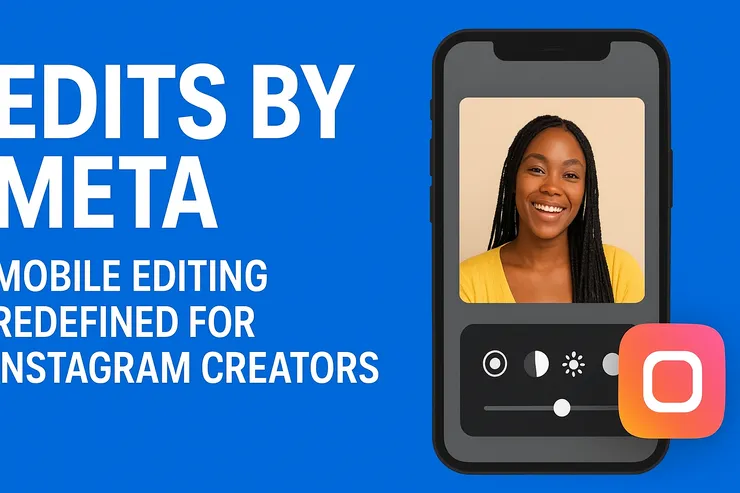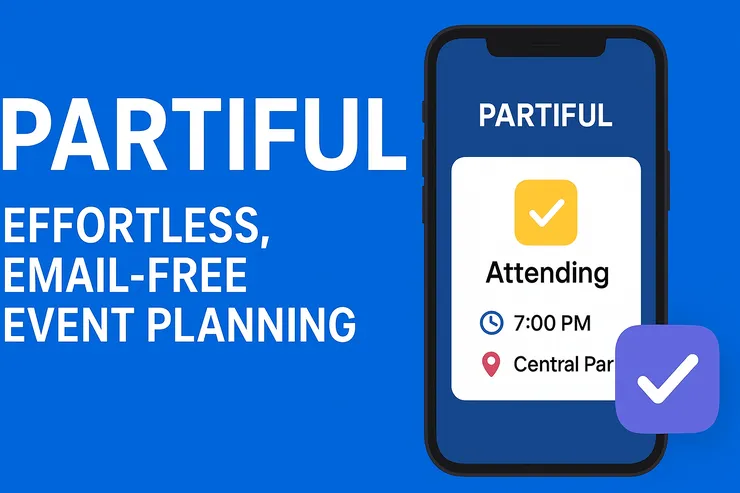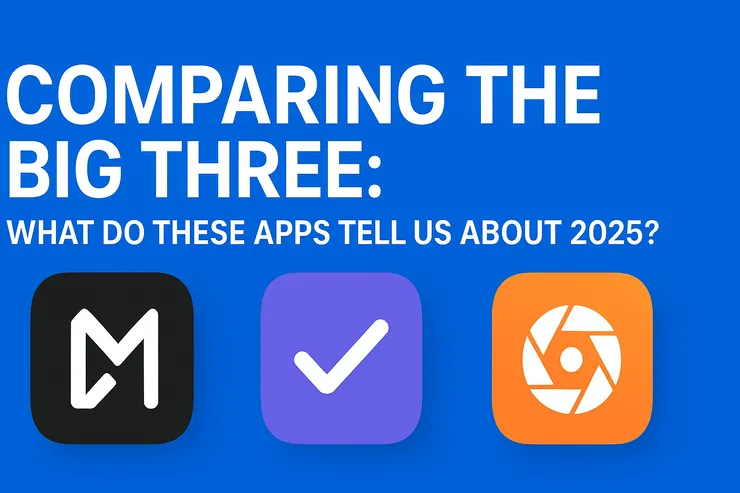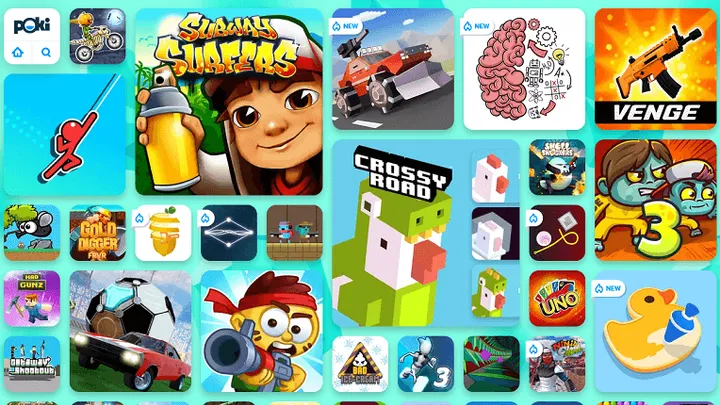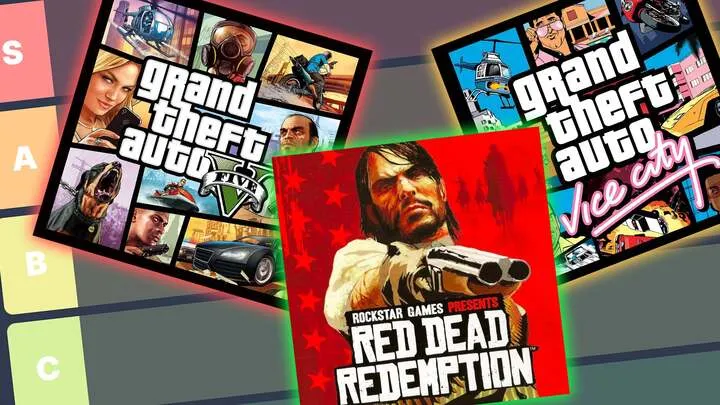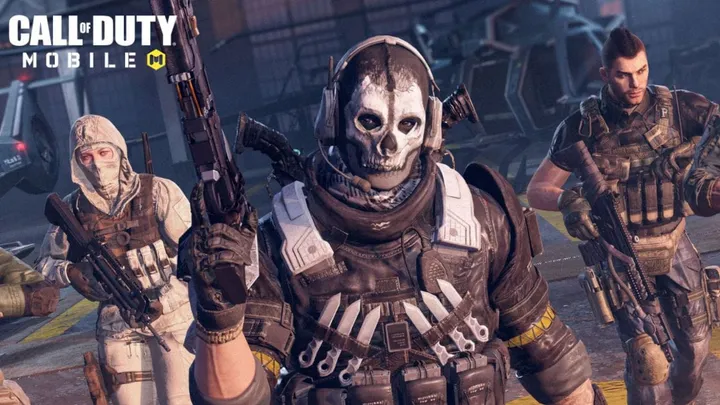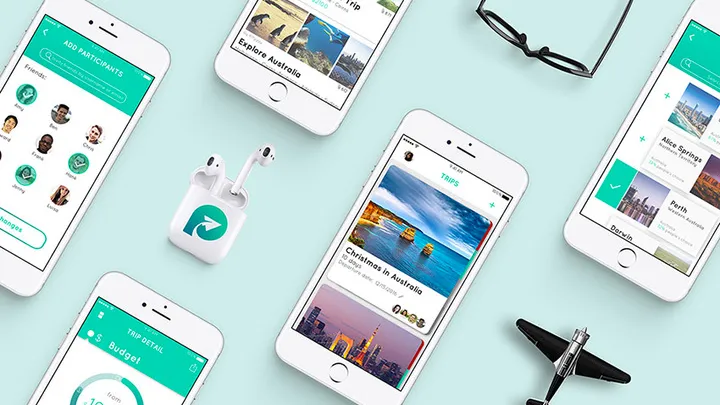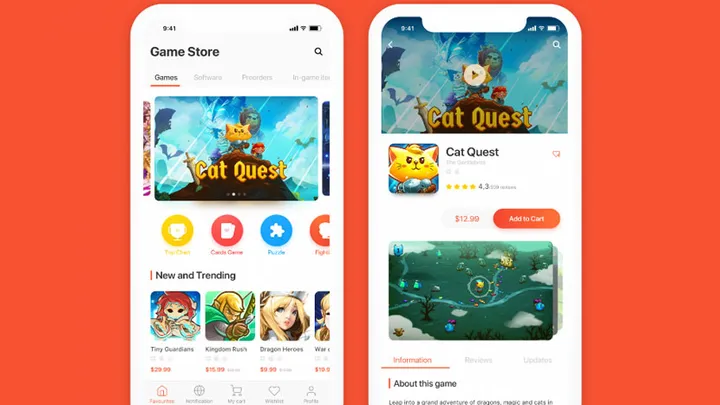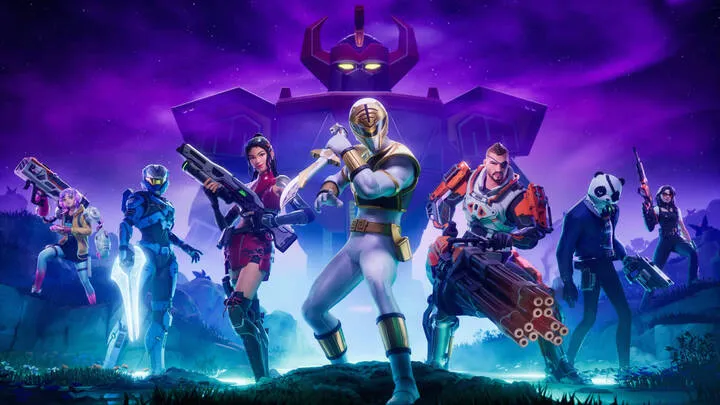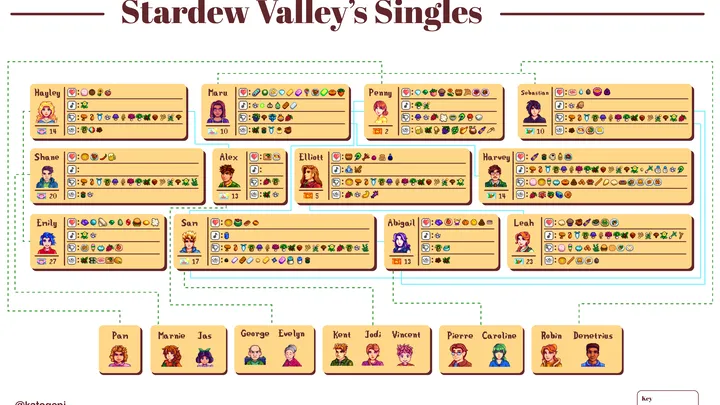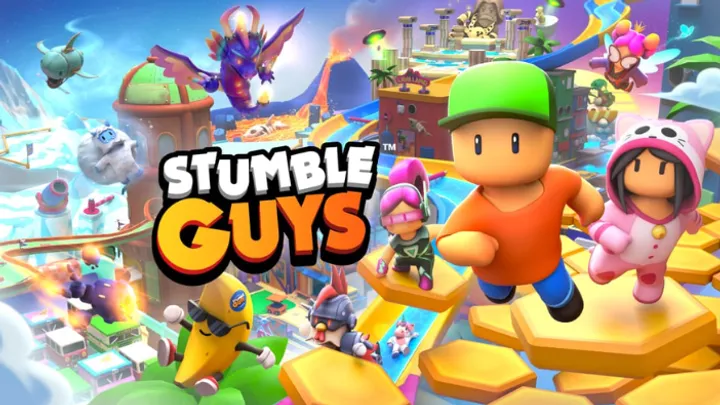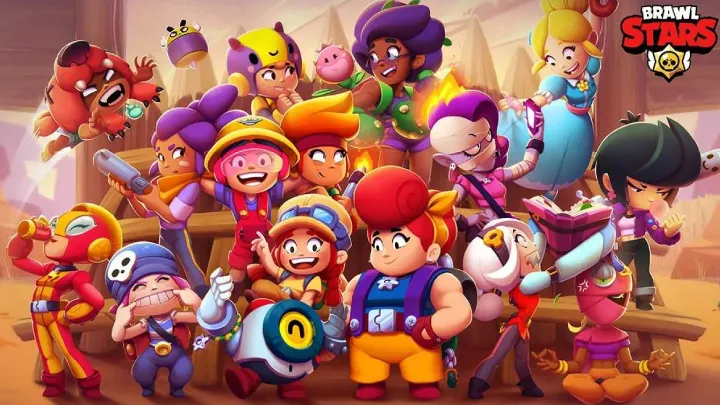Introduction
The year 2025 has already proven to be a groundbreaking moment in the evolution of mobile technology. Every January, the tech world waits in anticipation to see which applications will rise to define the digital habits of millions. In the past, social networks, photo-sharing platforms, and streaming apps reshaped human interaction, entertainment, and communication. This year is no different, yet what makes 2025 unique is the rise of applications that blend artificial intelligence, creator-focused tools, and community-driven experiences. Out of dozens of high-profile launches, three apps have captured global attention for their innovation and disruptive potential: Edits by Meta, a redefined mobile editing platform tailored for Instagram creators; Partiful, a planning app that removes the friction of email-based event management; and MyDrama, a vertical video streaming platform powered by AI storytelling.
These three apps are not only shaping industries but also transforming the way users express themselves, connect with communities, and consume entertainment. This report takes a detailed look at their features, cultural impact, growth potential, and what their rise means for the future of the app economy.
Edits by Meta: Mobile Editing Redefined for Instagram Creators
A Tool for the Social Media Generation
Meta has made a bold move in 2025 by launching Edits, a mobile-first editing suite designed specifically for Instagram and short-form content creators. While apps like Adobe Lightroom and CapCut have dominated the editing space in the past, Meta is betting on tight integration with its existing platforms. Edits offers filters, AI-assisted cutouts, seamless music sync, and cross-platform publishing without requiring third-party apps.
The interface feels modern, polished, and tailored for creators who demand speed. A photo can be cropped, color-graded, and captioned in less than a minute. Video editing, often a time-consuming process, has been compressed into a series of AI-suggested edits that match pacing to music trends or reel formats.
AI Integration and Time-Saving Features
One of Edits’ most innovative tools is AI AutoStyle, which analyzes a creator’s past posts and automatically applies a consistent aesthetic to new content. Influencers no longer need to spend hours experimenting with tones and filters; the app ensures brand consistency at scale. Another highlight is Smart Music Sync, which scans trending audio clips across Instagram and suggests where cuts should land for maximum engagement.
The combination of speed, aesthetics, and integration places Edits in direct competition with standalone editing apps. Unlike traditional tools, it is embedded directly in the ecosystem where content will live. This reduces friction for creators and signals Meta’s desire to keep its creative economy within its own platform walls.
Impact on the Creator Economy
For influencers and brands, Edits provides a competitive edge. Many small businesses rely on Instagram for marketing, and professional-looking content has often required outsourcing. Now, a boutique brand can handle its visuals internally with less cost and higher output. By lowering the barrier to professional editing, Meta is democratizing high-quality content creation.
In the long run, Edits could become a cornerstone of Meta’s creative suite, driving retention and locking users deeper into the Instagram and Facebook ecosystem. For the 2025 digital economy, this launch is a significant signal: the war for creators is far from over.
Partiful: Effortless, Email-Free Event Planning
Rethinking How People Gather
The second breakout app of 2025 is Partiful, a social utility that redefines event planning. Unlike older platforms that rely heavily on email confirmations and RSVP systems, Partiful focuses on mobile-first, chat-driven event management. Organizers can create an event page in seconds, share it across social networks or messaging apps, and track attendees without email chains or spreadsheets.
The design of Partiful is sleek and intuitive, prioritizing the casual yet vibrant energy of modern social life. Young professionals, college students, and community organizers alike have embraced the app for its ability to make event hosting feel frictionless.
Standout Features and Social Integration
One of the most loved features is Instant RSVP, which lets guests confirm attendance with a single tap through text or link. The app also includes Real-Time Updates, allowing hosts to send changes directly to attendees without cluttered group chats. Another unique element is Shared Media Spaces, where participants can upload photos and clips before, during, and after events, creating a shared memory hub.
Unlike traditional platforms, Partiful is not about formal scheduling but about fostering connection. Its vibrant event pages feel closer to a social feed than a calendar entry. The emotional tone of the app emphasizes community, fun, and ease.
A New Standard for Community Engagement
The launch of Partiful coincides with a global shift toward hybrid and in-person gatherings. After years of virtual-only meetups, users are craving meaningful real-world connections. Partiful answers this need with a digital tool that respects the speed and casual tone of mobile communication.
For businesses, Partiful opens doors to small-scale marketing. Cafés, fitness clubs, and music venues are beginning to adopt the platform to organize community events. Its ability to capture both RSVPs and engagement data gives businesses insight into customer behavior in a way that email lists never could.
Looking ahead, Partiful could evolve into a competitor for platforms like Eventbrite, but with a sharper focus on mobile simplicity and cultural relevance.
MyDrama: Vertical Video Streaming with AI Storytelling
The Next Step in Entertainment
The third and perhaps most fascinating new app of 2025 is MyDrama, a vertical video streaming service that blends short-form content with AI-generated storylines. Unlike traditional streaming giants such as Netflix or Hulu, MyDrama focuses exclusively on mobile consumption. Its catalog is optimized for vertical viewing, ensuring users no longer need to rotate their devices or compromise on framing.
But the real innovation lies in its AI-driven narrative personalization. Users are not just passive viewers. MyDrama’s algorithm adapts episodes in real-time, inserting alternate scenes or adjusting pacing based on viewer reactions. For example, if a user prefers romance subplots, the app can expand those moments. If they skip action-heavy sequences, the AI may compress them in future episodes.
Interactive Storytelling in the Age of AI
The concept behind MyDrama is a step beyond the interactive episodes introduced years ago in mainstream streaming. This is not simply choosing between two options; it is a dynamic storytelling engine. The platform generates micro-variations that make each viewing unique, creating a personal cinematic journey.
For creators, MyDrama offers tools to upload core storylines and let the AI expand possibilities. This system lowers production costs while increasing rewatch value, since no two experiences are identical. Audiences have described it as “TikTok meets Netflix meets AI,” a blend that feels both familiar and groundbreaking.
Potential Impact on Global Entertainment
The launch of MyDrama signals a dramatic shift in how people consume serialized content. Younger audiences, already accustomed to short videos on TikTok, crave mobile-first formats. By merging streaming with AI personalization, MyDrama captures this demographic perfectly.
From a business perspective, the app could challenge not only streaming platforms but also social networks. If viewers are spending hours immersed in tailored dramas, advertisers and brands will follow. Partnerships with fashion, gaming, and music industries are already rumored, pointing to a cross-industry impact.
Comparing the Big Three: What Do These Apps Tell Us About 2025?
The emergence of Edits by Meta, Partiful, and MyDrama paints a clear picture of where the app economy is heading in 2025. Each represents a different vertical of digital life: creation, community, and consumption. Together, they highlight three major trends:
- The Rise of AI Integration – Whether through automated editing or dynamic storytelling, artificial intelligence is no longer a luxury but a core expectation of modern apps.
- Mobile-First Design – From event planning to video streaming, apps are prioritizing mobile simplicity over desktop legacy systems. The smartphone remains the dominant tool of human connection.
- Community-Centric Features – Each app fosters a sense of belonging, whether through creator branding, event gathering, or personalized entertainment.
The fact that all three apps emphasize accessibility and speed suggests that the future of apps lies in reducing friction. The less effort required, the more likely users are to engage and remain loyal.
Challenges and Questions Ahead
While these apps have generated immense excitement, they also face significant challenges. Edits by Meta must avoid being seen as a forced integration, especially by creators who value independence from big tech ecosystems. Partiful needs to scale without losing the intimacy that made it appealing in the first place. MyDrama faces questions of copyright, AI ethics, and whether mass audiences are ready for AI-curated narratives.
There are also broader concerns about data privacy, user fatigue, and monetization. Will users tolerate more ads within creative and social tools? Will AI personalization raise concerns about manipulation? These questions remain unanswered, but they will determine whether these apps are merely trends or long-term staples.
Conclusion
The launch of Edits by Meta, Partiful, and MyDrama marks the first big wave of digital disruption in 2025. Each app highlights a distinct yet interconnected area of human life: self-expression, social connection, and entertainment. Together, they capture the spirit of a year where technology feels less like a tool and more like a cultural partner.
For creators, these apps represent empowerment. For communities, they provide simplicity and connection. For audiences, they offer personalization on a level never seen before. Whether they succeed or falter, one thing is certain: the way we edit, gather, and watch in 2025 will never be the same again.








